The Critical Role of Metal Recycling in Building a Sustainable Future with DWL Metal Recycling
In a world grappling with environmental concerns, DWL Metal Recycling steps up as a vanguard of sustainability, transforming waste into wealth and making a significant impact on both the economy and the planet. But what is metal recycling, and why is it so crucial for our future?


Understanding Metal Recycling and Its Importance
Metal recycling involves the collection, sorting, and processing of metal waste materials to produce new metal products. This crucial process plays a pivotal role in conserving natural resources, reducing greenhouse petrol emissions, and minimising ecological damage caused by mining and refining activities.
Environmental Benefits of Metal Recycling
- Conservation of Natural Resources: Recycling conserves valuable ores and reduces the need for mining, thus preserving natural habitats and biodiversity.
- Energy Savings: It takes significantly less energy to recycle metals than to extract them from ores. For instance, recycling aluminium saves up to 95% of the energy required to produce it from raw materials.
- Reduction of Emissions: Recycling metals helps lower greenhouse petrol emissions compared to producing metals from virgin resources, which involves energy-intensive processes.
Economic Advantages of Metal Recycling
- Job Creation: The recycling industry is labour-intensive, creating job opportunities at various stages from collection to processing.
- Cost-Effectiveness: It's often more cost-effective to recycle than to mine and refine new metals, leading to lower production costs and consumer prices.
- Waste Management: Metal recycling is an integral part of waste management, helping reduce landfill use and associated costs.
Now that we understand the significance let's delve into how DWL Metal Recycling champions these benefits.
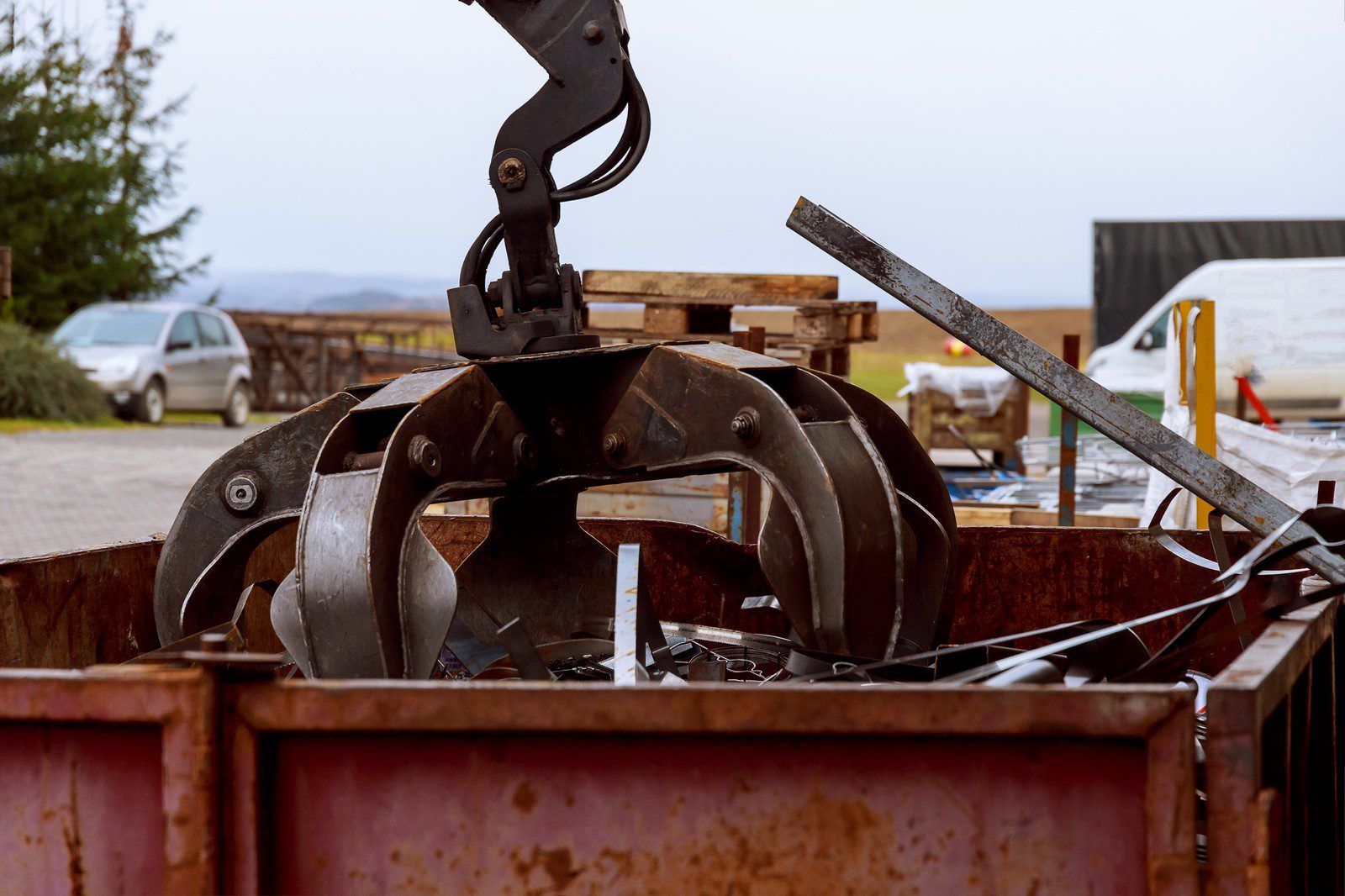

DWL Metal Recycling: A Forerunner in Sustainable Practices
DWL Metal Recycling, based in the heart of the UK, is committed to advancing the country's recycling efforts. Here’s how DWL makes a difference:
Comprehensive Metal Recycling Services
- Collection and Drop-Off: Offering a range of collection services as well as convenient drop-off points, DWL ensures that metal waste is easily recyclable for individuals and businesses alike.
- Expert Sorting and Processing: Utilising state-of-the-art technology and skilled expertise, DWL accurately sorts and processes various metals, maximising recycling efficiency.
- Sustainable Material Supply: By providing recycled metals to manufacturers, DWL supports sustainable production cycles across multiple industries.
Unique Selling Points of DWL Metal Recycling
- Accredited Processes: As a testament to their commitment to quality and the environment, DWL operates with full accreditation and compliance to industry standards.
- Environmental Leadership: DWL leads by example, continuously innovating to reduce their carbon footprint while delivering top-notch recycling services.
- Customer-Centric Solutions: With a focus on customer needs, DWL offers tailored recycling solutions, fostering long-term relationships and a collaborative approach to sustainability.
The Broader Impact of DWL's Efforts
DWL Metal Recycling not only contributes to the local economy but also champions global environmental initiatives. By diverting metal waste from landfills and reducing reliance on virgin materials, DWL’s actions resonate with international goals for sustainable development.
The Fair Advantage: Pricing and Transparency at DWL
Transparency and fair pricing are hallmarks of DWL Metal Recycling's services. Market-driven and transparent pricing mechanisms ensure that customers receive competitive rates for their recycled metals. A clear, hassle-free process builds trust and encourages more individuals and businesses to participate in the recycling movement.
Overcoming the Challenges: Safety and Innovation
Metal recycling does present a set of challenges, from ensuring worker safety to adapting to market fluctuations. DWL tackles these head-on through:
- Rigorous Safety Protocols: Prioritising the safety of their employees, DWL implements strict safety measures and training across all their operations.
- Responsive Business Model: Responding to metal market dynamics, DWL cultivates a flexible and robust business model that can withstand industry shifts.


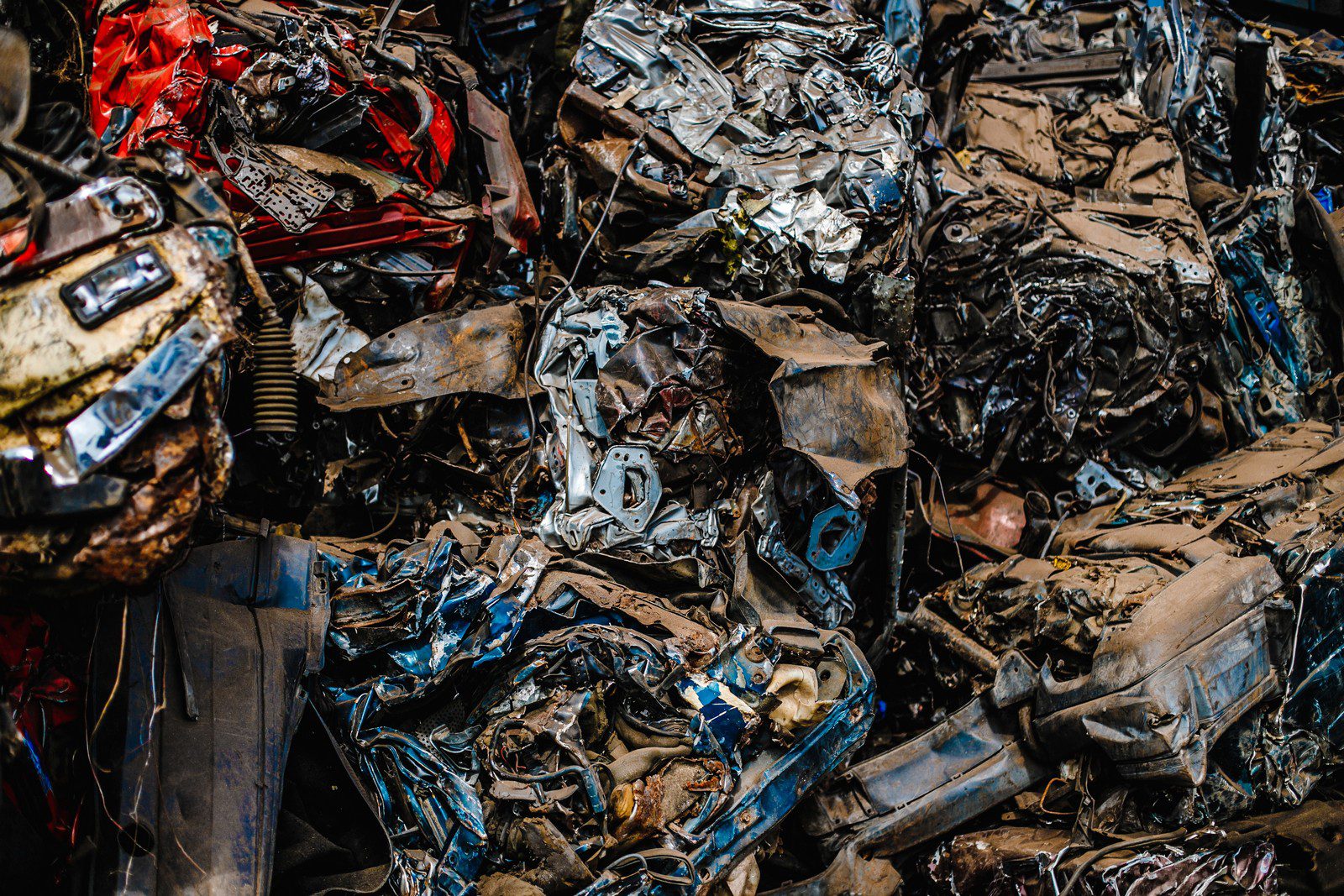

Engaging with DWL Metal Recycling
Community engagement and education are key strategies for DWL. By hosting workshops, participating in environmental initiatives, and maintaining a strong online presence, they help raise awareness about the significance of metal recycling.
Case Studies and Success Stories
DWL's commitment is not just talked about—it's demonstrated through numerous success stories. From collaborative projects with local businesses to testimonials from satisfied customers, DWL's positive impact on both the environment and the economy is clear and commendable.
FAQs: Empowering Informed Decisions
DWL understands that questions may arise about metal recycling. They address these through an accessible FAQ section, offering clarity on how different metals are recycled, the process involved, and how individuals and businesses can contribute.
Q1: How does metal recycling help the environment? A: By saving energy, reducing emissions, and conserving resources, metal recycling plays a critical role in maintaining environmental health.
Q2: Can any metal be recycled? A: Most metals can be recycled, though the process may differ. DWL Metal Recycling provides guidance on which metals are recyclable and how to prepare them for recycling.
Q3: What is the process for recycling metals with DWL? A: DWL offers a streamlined process where clients can either drop off their metal waste or arrange for collection. The metals are then sorted, processed, and eventually repurposed into new products.
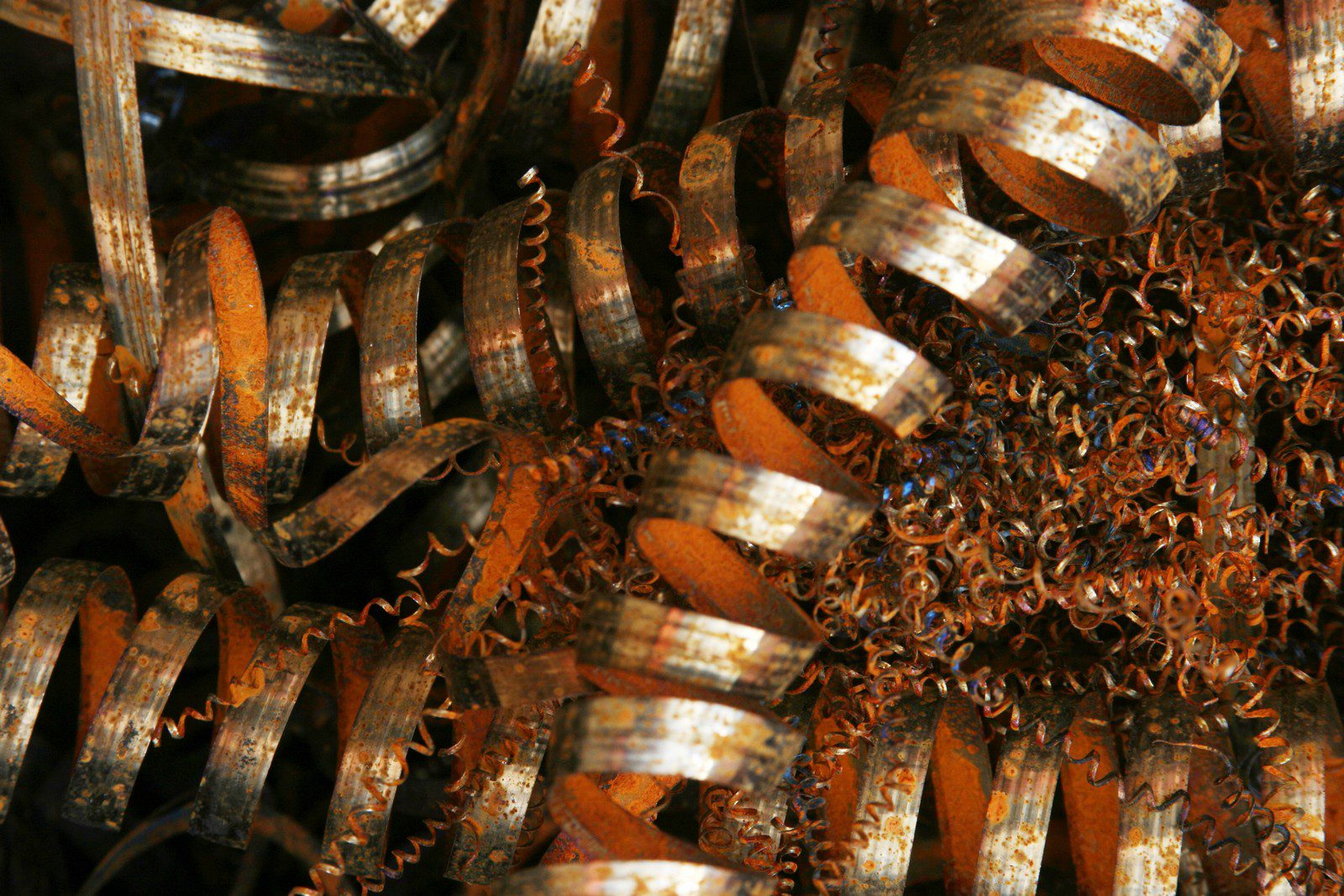

Conclusion: Embracing Sustainability with DWL Metal Recycling
As we've discussed, metal recycling holds immense potential for a more sustainable future. With companies like DWL Metal Recycling at the helm, we have a reliable, eco-friendly, and economically sensible solution to managing our metal waste.
Recap of Key Takeaways:
- Contributing to a Greener Planet: DWL Metal Recycling plays a pivotal role in reducing environmental impact through its extensive recycling services.
- Economic and Environmental Synergy: By leveraging waste as a resource, DWL shows how environmental responsibility can go hand-in-hand with economic prosperity.
- Innovation and Adaptability: Faced with challenges, DWL showcases resilience and flexibility, ensuring their services remain at the forefront of the recycling industry.
In summary, DWL Metal Recycling is not just a service provider; it's an integral part of the solution to today's environmental and economic challenges. Embrace the power of metal recycling and join DWL in building a more sustainable future.
We're Here to Help! Get in Touch with us Today
Read Some of our Other Blogs
- The Ultimate Guide to Eco-Friendly Metal Recycling with DWL Metal Recycling
- The Ultimate Guide to Eco-Friendly Metal Recycling with DWL Metal Recycling
- Embrace a Greener Future with DWL Metal Recycling: Your Partner in Sustainable Metal Waste Management
- The Unsung Heroes of Modern Life: Metal Recycling and Its Magnificent Impact on Sustainability
